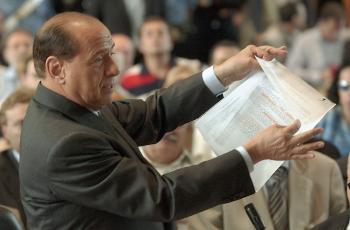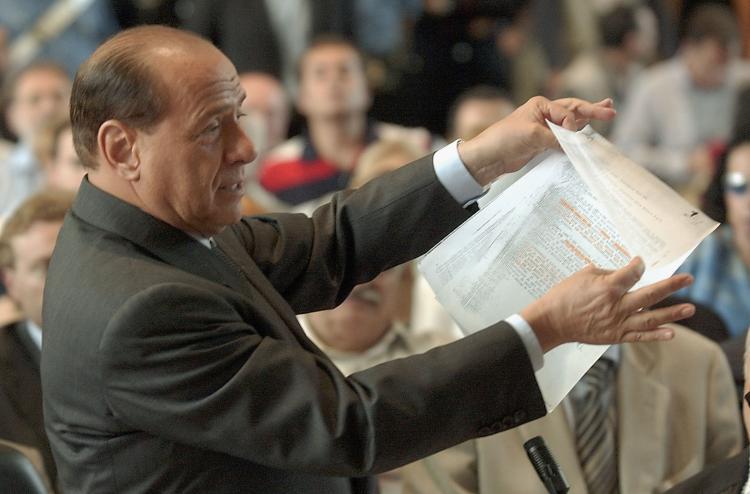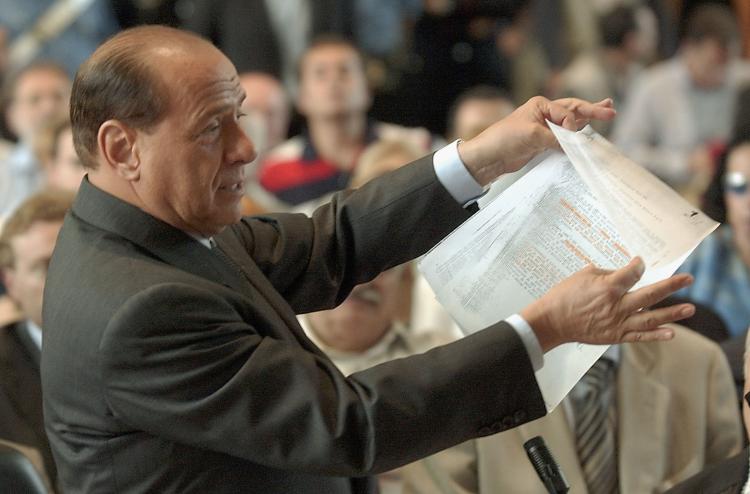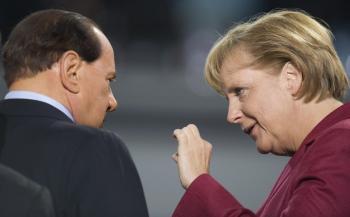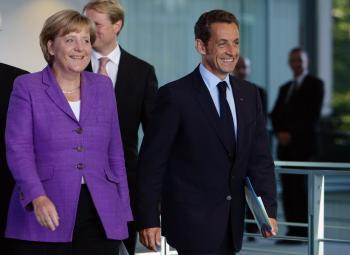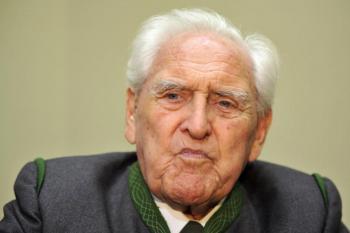Italy’s constitutional court overturned the 2008 law granting Prime Minister Silvio Berlusconi immunity from prosecution while in office on Wednesday.
According to Italian media, 15 lawyers declared the law that Berlusconi implemented in 2008 to protect himself and three other high-ranking politicians to be unconstitutional.
The court, similar in power to the U.S. Supreme Court, said that the law violates the principle that all citizens are equal. Moreover, the law is not enough to guarantee immunity of the prime minister, but such a provision would need instead to be amended in the constitution, said the Italian news agency Ansa.
At the time that Prime Minister Berlusconi, known for his lavish parties and affairs with prostitutes, came to office, he faced at least three court cases. Given the court’s decision, the charges of bribery and tax offenses against him will proceed.
Despite the unprecedented ruling, Berlusconi wants to stay in office and will not resign. He claims the court is made up of left-wing judges opposed to his center-right position, according to BBC news.
Though the opposition has already called for him to step down, they are too scattered and weak themselves to form a new government. According to an article in the German newspaper Spiegel, Berlusconi’s strongest opposition is the center-left Democratic Party (PD), but since the PD lost the 2008 elections, it hasn’t been able to form a convincing profile.
The government officials selected by Berlusconi are unilaterally against his resignation.
A post-World War II body, the constitutional court is composed of 15 judges. One-third of the judges are appointed by the president, one-third are elected by Parliament, and one-third are elected by the ordinary and administrative supreme courts.
According to Italian media, 15 lawyers declared the law that Berlusconi implemented in 2008 to protect himself and three other high-ranking politicians to be unconstitutional.
The court, similar in power to the U.S. Supreme Court, said that the law violates the principle that all citizens are equal. Moreover, the law is not enough to guarantee immunity of the prime minister, but such a provision would need instead to be amended in the constitution, said the Italian news agency Ansa.
At the time that Prime Minister Berlusconi, known for his lavish parties and affairs with prostitutes, came to office, he faced at least three court cases. Given the court’s decision, the charges of bribery and tax offenses against him will proceed.
Despite the unprecedented ruling, Berlusconi wants to stay in office and will not resign. He claims the court is made up of left-wing judges opposed to his center-right position, according to BBC news.
Though the opposition has already called for him to step down, they are too scattered and weak themselves to form a new government. According to an article in the German newspaper Spiegel, Berlusconi’s strongest opposition is the center-left Democratic Party (PD), but since the PD lost the 2008 elections, it hasn’t been able to form a convincing profile.
The government officials selected by Berlusconi are unilaterally against his resignation.
A post-World War II body, the constitutional court is composed of 15 judges. One-third of the judges are appointed by the president, one-third are elected by Parliament, and one-third are elected by the ordinary and administrative supreme courts.
